Dominica’s Sperm Whales Have a Surprising Superpower: Poop
Around the Caribbean island nation, local cetaceans have some unique traits, including doubling down on defecation.
There are about 800,000 sperm whales in the world, but the 250 or so that live off the Caribbean coast of Dominica are unique.
They have their own dialect and social structures, and, while most sperm whales migrate, whales in Dominica tend to stay put, hanging out near the shores of the island nation year-round. “There’s no real good explanation based on ecology or movement,” says biologist Shane Gero, who has studied the Dominican population for nearly 20 years as part of the Dominica Sperm Whale Project (DSWP). “It really seems these animals have learned preferences.”
Whales in Dominica also boast another curious distinction: they poop a lot more than sperm whales in other parts of the world. Sperm whales routinely dive up to 2,000 feet to hunt for squid, their favorite food; before doing so, the animals sometimes defecate at the surface. Scientists have observed this behavior in sperm whales from Sri Lanka to the Sargasso Sea, and keep track of how many dives are preceded by defecation. It turns out that whales in Dominica poop twice as often as other populations.
“Poop is really buoyant, so it’s worthwhile getting rid of it if you have it,” says Gero. But why sperm whales poop in Dominica so much “is one of those unknown mysteries of the ocean.”
Gero and his colleagues do have a few theories, including that the Dominica whales may eat smaller squid that they digest (and excrete) more quickly. “Or it could be that they’re actually, genuinely eating twice as much in terms of biomass as animals elsewhere,” adds Gero. “What goes in has to come out.”

Either way, all that whale poop serves an important environmental purpose. The cetaceans’ deep-sea diet means their excrement is full of nutrients not often found in shallow water—nutrients that remain available on the surface for quite a while, due to the poop’s oil-slick-like buoyancy.
“When people think of an animal that’s the size of one and a half school buses and might weigh eight to ten school buses, they think of enormous turds, like log-sized things floating around the ocean. That’s just not what it is,” says Gero. “It’s very liquidy. It’s like a big brown swath, almost as if you poured dark coffee into a bathtub of water.”
These slicks of nutrient-rich poop act as a fertilizer, spurring the growth of carbon-trapping phytoplankton blooms. “When the blooms die, they rain down all the way down to the bottom, and that locks away the carbon for a long, long time,” says Gero. Unlike harmful algal blooms produced by agricultural fertilizer runoff, the blooms triggered by whale poop are beneficial to other creatures. In addition to trapping carbon, they provide food for zooplankton, which in turn are eaten by larger marine animals.
Based on modeling from a 2010 study of sperm whales in the Southern Ocean, scientists have estimated that Physeter macrocephalus poop in Dominica sequesters more than 4,000 tons of carbon every year, the equivalent of what can be stored in 18,000 acres of forest.

According to the DSWP, the sperm whale population in the Eastern Caribbean has been declining about three percent a year, a trend that threatens the animals and their ability to scrub the air of harmful greenhouse gasses. Earlier this month, the government of Dominica took steps to reverse that trend, announcing the creation of the world’s first sperm whale reserve: 300 square miles of cerulean waters, monitored by dedicated teams aboard research vessels, where the nation’s whales will be safe from ship traffic, commercial fishing gear, and overzealous tourists.
Protecting the Dominica whales—despite the fact that they make up a tiny portion of the world’s remaining sperm whale population—also means saving an “entire culture,” according to Gero.
“These families that live here have learned a way of life from their grandmother’s grandmother. Those cultural traditions are the reason these animals survive here,” he says. “Even if we could repopulate the Caribbean with whales from elsewhere, they wouldn’t have all the secrets of a Caribbean grandmother sperm whale, so that part of the ocean would be less useful for them. That’s why local management is so important.”
The new reserve ensures that sperm whales there will live—and poop—in these waters for generations to come.
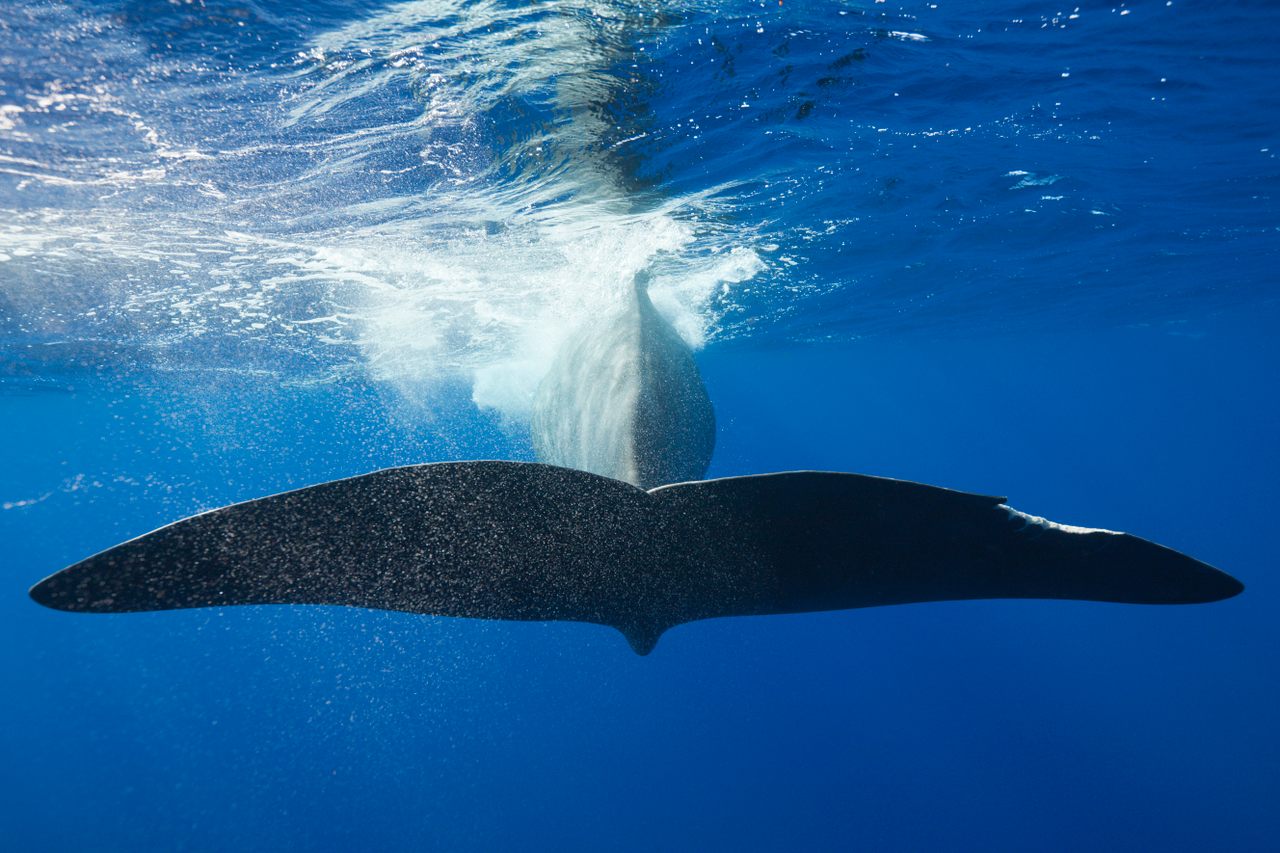







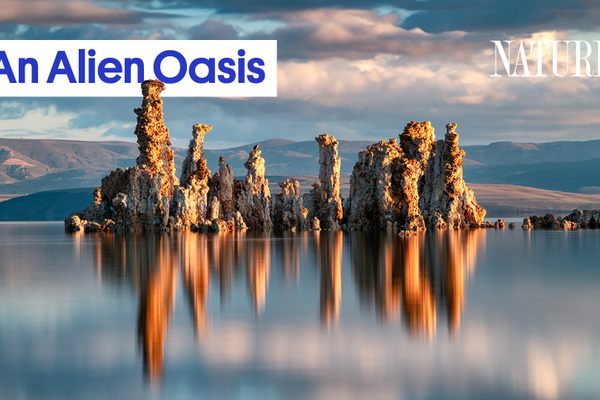
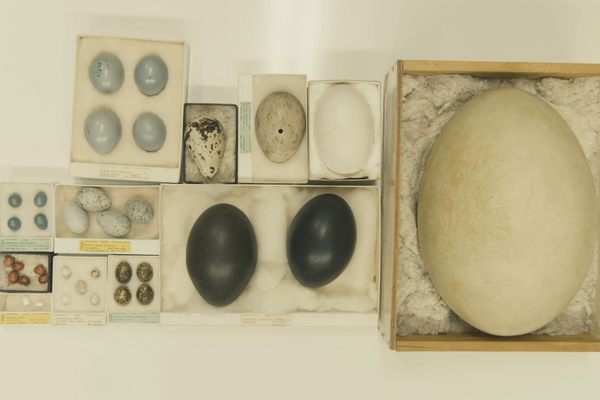

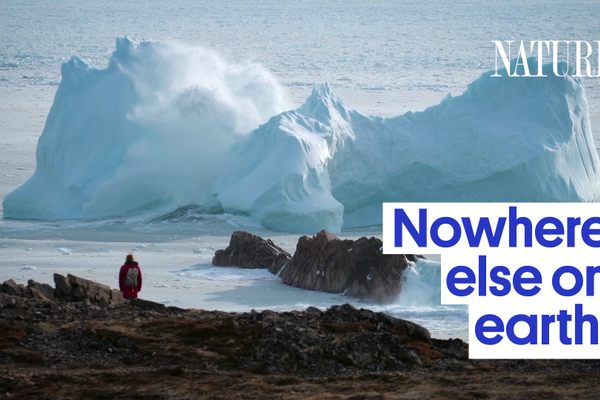

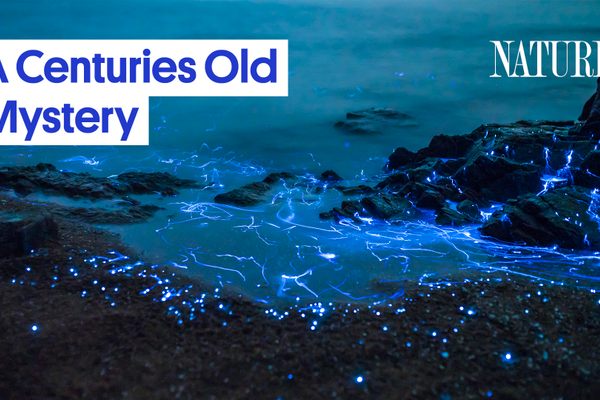
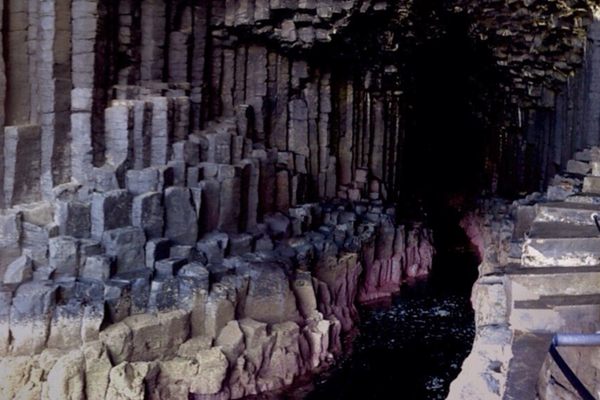

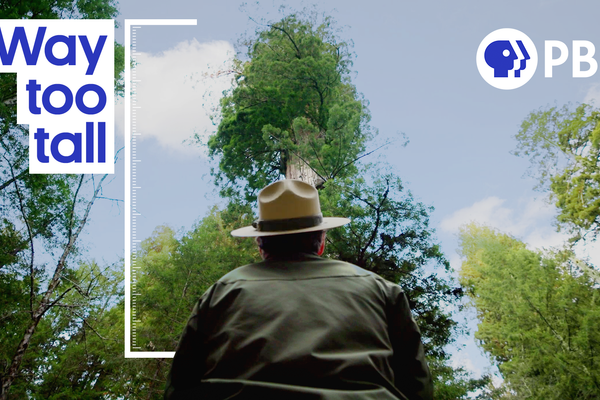











Follow us on Twitter to get the latest on the world's hidden wonders.
Like us on Facebook to get the latest on the world's hidden wonders.
Follow us on Twitter Like us on Facebook